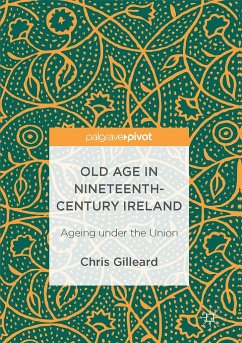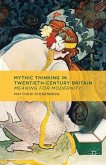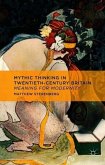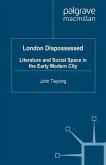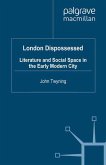Using a combination of statistical analysis of census material and social history, this book describes the ageing of Ireland's population from the start of the Union up to the introduction of the old age pension in 1908. It examines the changing demography of the country following the Famine and the impact this had on household and family structure. It explores the growing problem of late life poverty and the residualisation of the aged sick and poor in the workhouse. Despite slow improvements in many areas of life for the young and the working classes, the book argues that for the aged the union was a period of growing immiseration, brought surprisingly to an end by the unheralded introduction of the old age pension.
Bitte wählen Sie Ihr Anliegen aus.
Rechnungen
Retourenschein anfordern
Bestellstatus
Storno

